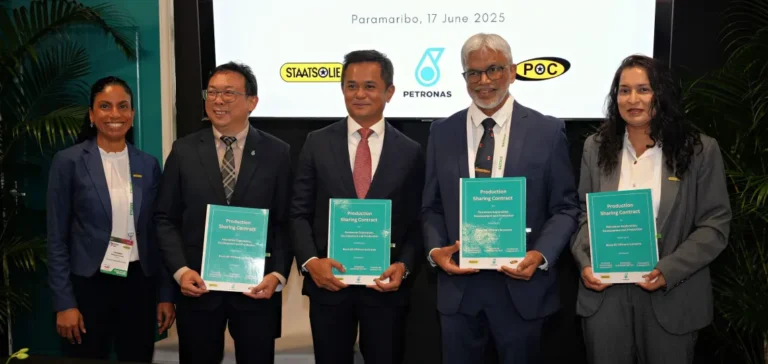Petrobras, the Brazilian energy giant, is currently assessing multiple scenarios regarding the future of its Polo Bahia oil hub, which comprises 28 onshore oil fields. According to CEO Magda Chambriard, all options are open, including the outright sale of these assets. This evaluation is part of the state-owned company’s efforts to maximize financial returns for shareholders. The current moderate oil prices, around $65 per barrel, complicate the immediate profitability of these onshore oil operations.
An Asset with a Turbulent Past
The Polo Bahia site has been subject to recent political reversals. Initially listed as part of a broad divestment program under former President Jair Bolsonaro, the hub was withdrawn from sale by Brazil’s current President Luiz Inácio Lula da Silva upon taking office in 2023. Lula aimed to halt the sale of certain state-owned strategic assets, favoring the retention of resources considered vital. Today, Petrobras management is reassessing its stance, exploring the possibility of selling or partially outsourcing operations.
Profitability Under Pressure
During her latest public statement, Chambriard emphasized Polo Bahia’s current low production, noting that its operations demand considerable effort for modest returns. According to her statements, the profitability of these fields would be more viable at oil prices between $90 and $100 per barrel, levels seen in recent years. However, the executive declined to provide specifics on possible divestment projects, merely stating that Petrobras remains in the evaluation phase to determine the best strategy.
Commercial Agreements and International Prospects
Concurrently, Petrobras is engaging in a broader commercial strategy with international stakeholders, notably from China. During a recent event, memoranda of understanding were signed between Brazilian and Chinese shipyards to strengthen technological and commercial cooperation. These agreements aim to address the increased demand for vessels supporting Petrobras’ offshore activities. This move clearly indicates Petrobras’ intention to optimize its supply chain and industrial partnerships to control costs and enhance operational performance in the medium term.
The final decision regarding Polo Bahia will likely be closely scrutinized by investors and international markets, aware that each strategic move by Petrobras can significantly influence Brazil’s and the global energy landscape.






















